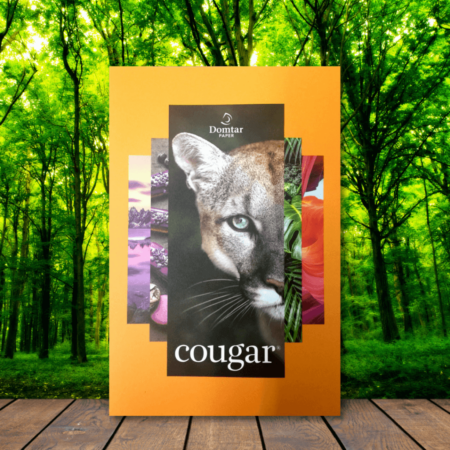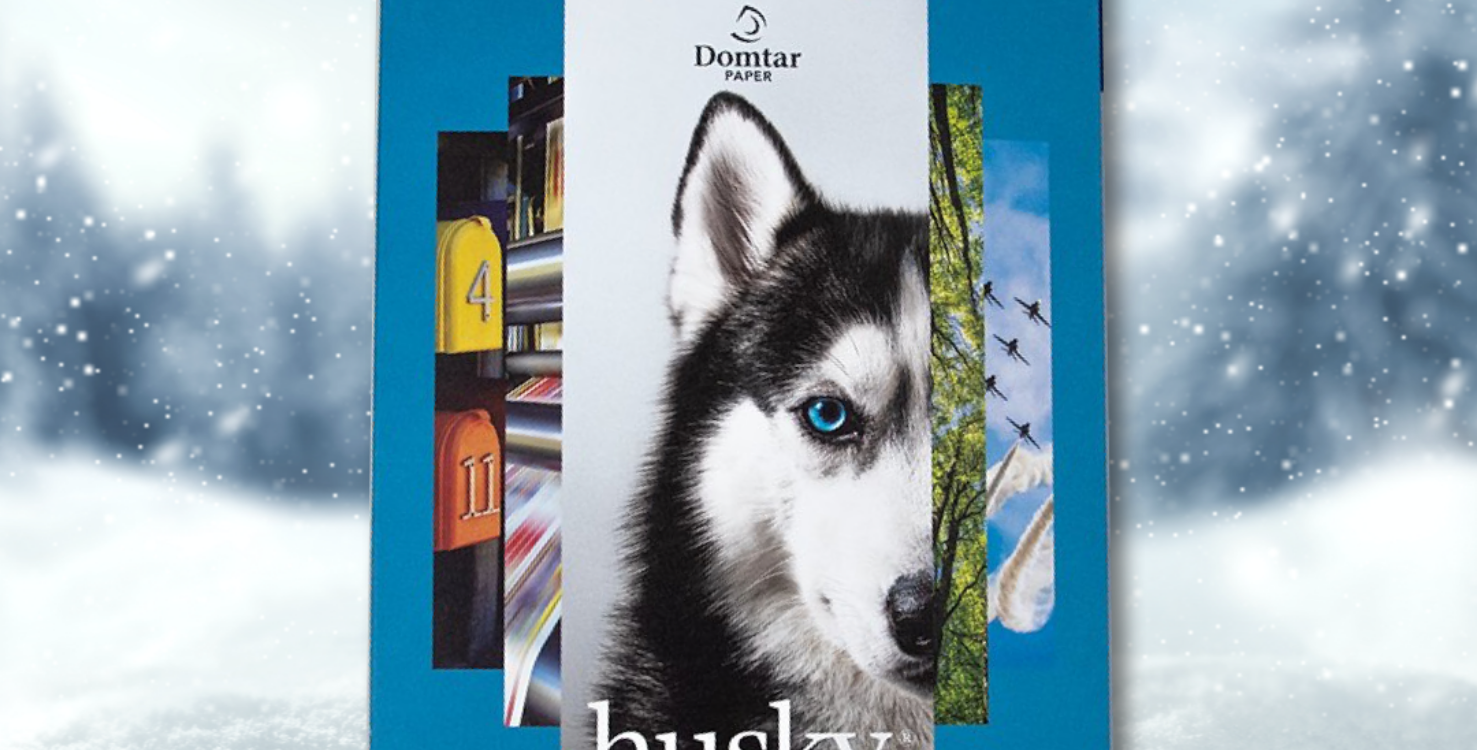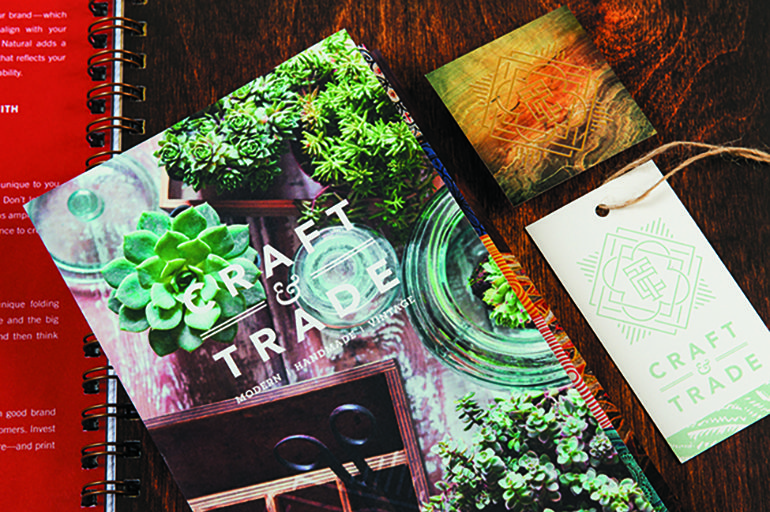Have you seen an influx of animals with party hats? Noticed bands of furry friends celebrating outside? That’s likely because we’re in the midst of National Wildlife Week!
Established in 1938, the National Wildlife Federation (NWF) introduced National Wildlife Week to unite likeminded individuals who have a passion for ensuring the betterment of our land’s wildlife.
We, too, are celebrating this week; while we may joke about a Cougar, Lynx and Husky walking into a bar, Domtar takes sustainability seriously and we put it at the heart of everything we do. Many of us are aware of the actions nations take to eliminate poaching and protect biodiversity abroad, but do you know how we are sustaining the habitats of wildlife here in North America?

Natural Forests and Biodiversity Conservation
Like humans, animals need room to move, space to live and places where they can rest unbothered. One strategy we employ is the creation of travel, or wildlife corridors, so that animals can migrate in peace without fear of their ancestral paths being destroyed. By establishing travel corridors, encouraging the growth of native shrubbery to provide wildlife cover and planting food plots to create feeding zones, we’ve been able to coax growth in local animal populations. For example, we implemented a wildlife management plan several years back at our Marlboro mill that produced significant results.
The results of this project include:
- Increasing the abundance and diversity of native plant species on the property
- Increasing the habitat quality for whitetail deer
- Increasing the habitat quality for wild turkey
- Increasing the number and quality of transitional zones and travel corridors
- Improving nesting sites for wood ducks
Additionally, we built nesting boxes to house a wide variety of creatures including wood ducks, bluebirds and bats. These projects help protect and nurture the wildlife in our communities, but they also impact the people in these areas as well.
Healthier Environments, Healthier People
A common buzzword you’ll hear when discussing wildlife is “biodiversity.” Biodiversity refers to the number of species in an ecosystem, but why is this important and what does it have to do with conservation? Well, healthy ecosystems are often quite diverse. A variety of plants means greater productivity and better health and if there are fewer plant species, a disease that affects them can spread much faster.
Research shows that in diverse, protected natural areas there are fewer instances of malaria and Lyme disease. According to the CDC, an estimated 60% of infectious diseases (including COVID-19) come from animals. Proximity to animals increases the opportunities for diseases to “jump” species (as we all know too well) and by conserving habitats, humans and wildlife gain necessary distance from each other.
Every living thing is connected. If local species are threatened or become extinct, their disappearance will have a domino effect on the entire ecosystem. It’s why diversity in wildlife is important and why the loss of any local species is a tragedy. Healthy ecosystems allow us to survive, provide us with enough food to eat and more.

Sustainable Forestry Principles
Domtar engages in several initiatives to ensure that we leave the forests that we depend on and the communities we are a part of better off for the long term. That’s why we apply our Sustainable Forestry Principles across the ecosystems and communities that surround our pulp and paper mills—the animals you see on our swatchbooks and paper deserve healthy communities as well.
As we celebrate National Wildlife Week, think of the impact that your actions can have on your local environment and see if there are any small changes you can make. It can be as small as putting a birdhouse in your backyard or as big as donating your time to wildlife initiatives. Either way, our goal is not only to raise a toast to abundant wildlife, but to also make real progress towards sustainable education.
Learn more about Domtar’s sustainability performance and our commitments to protecting our planet in our Sustainability Priorities, or visit our blog.





